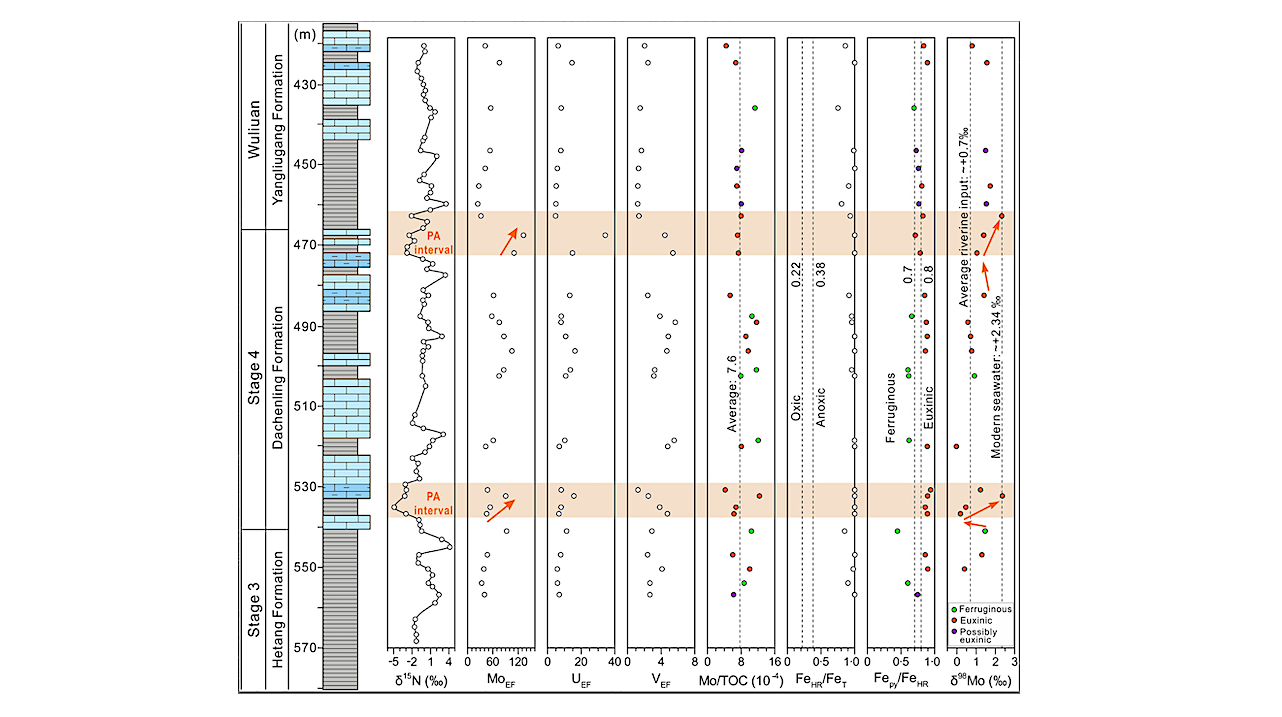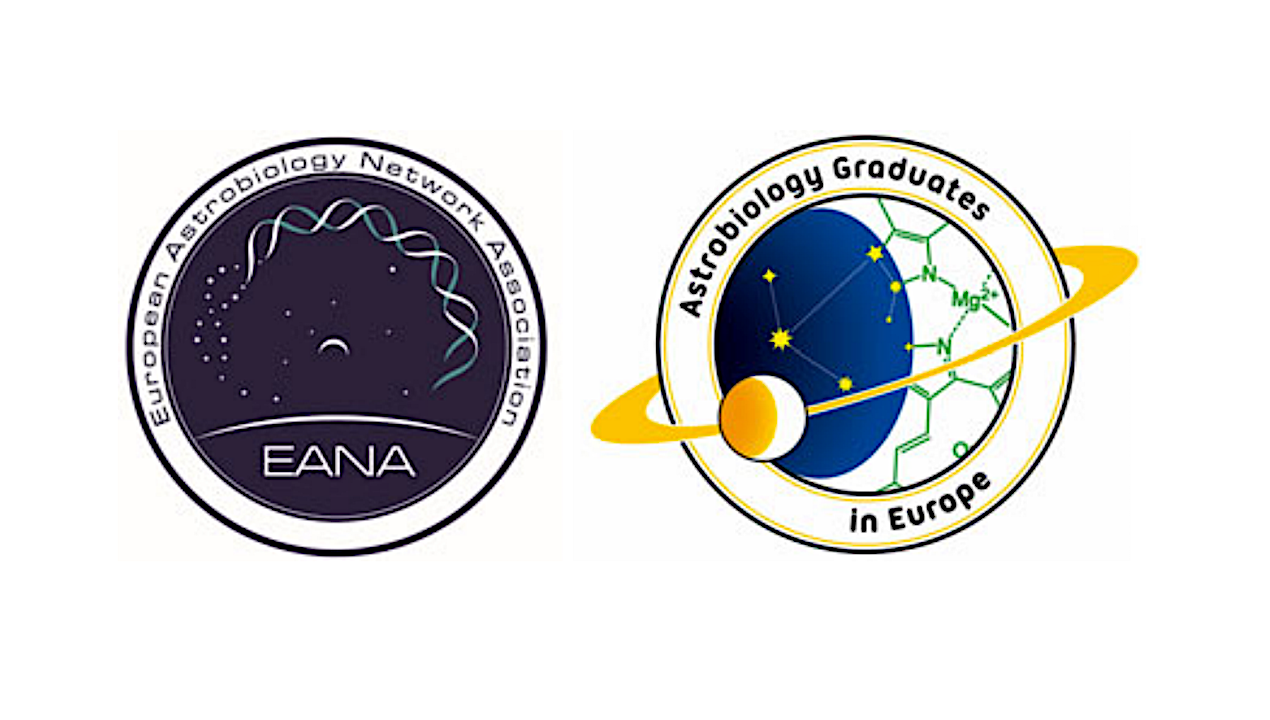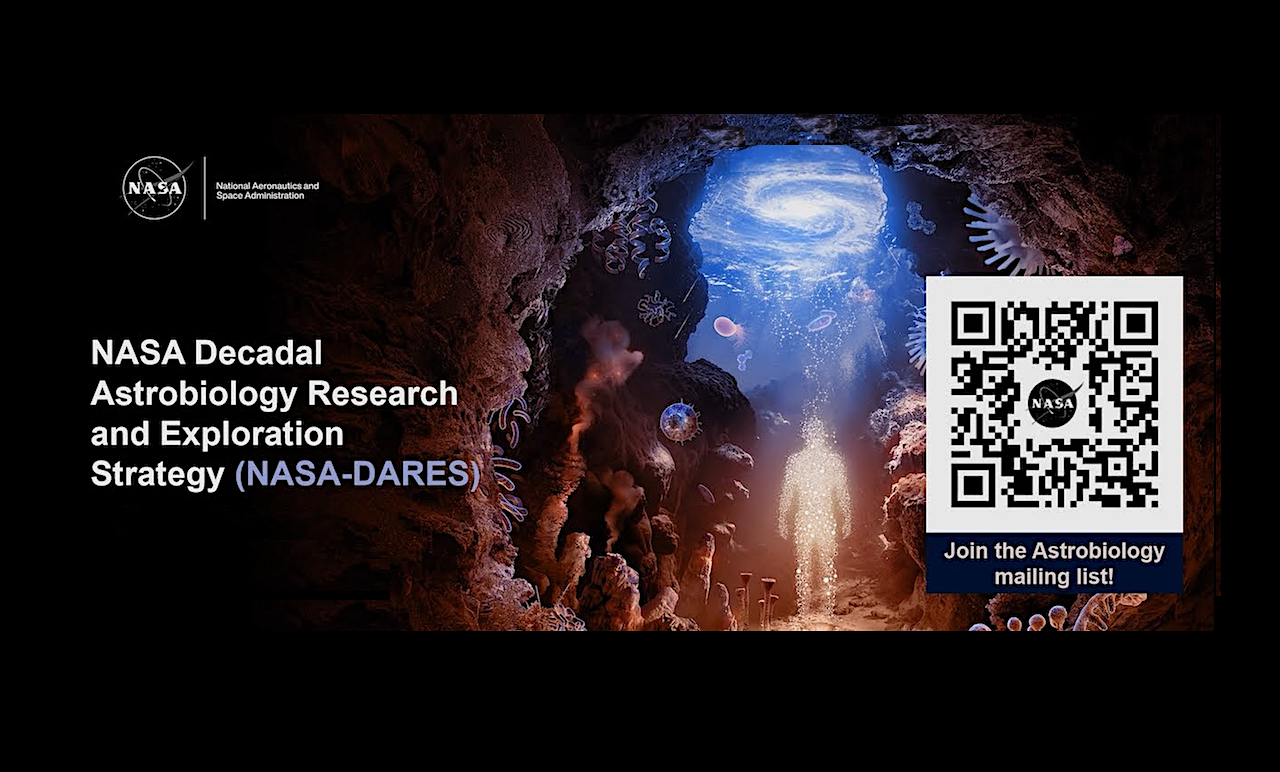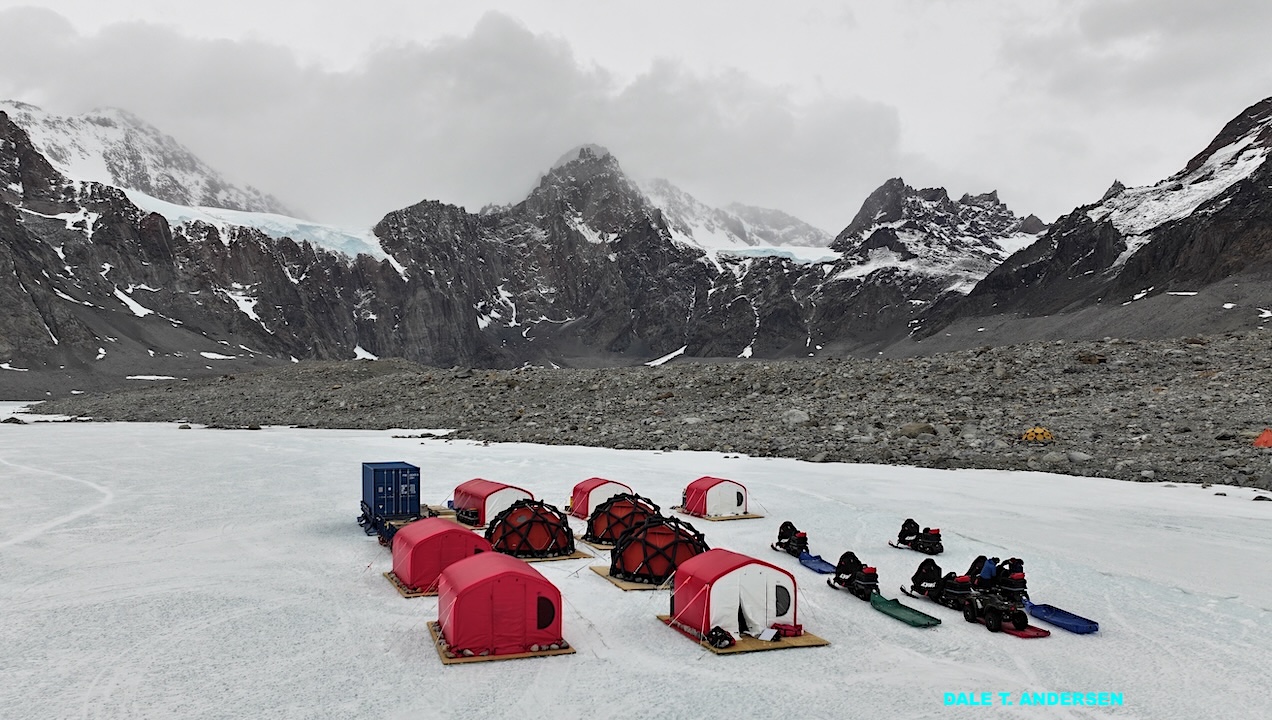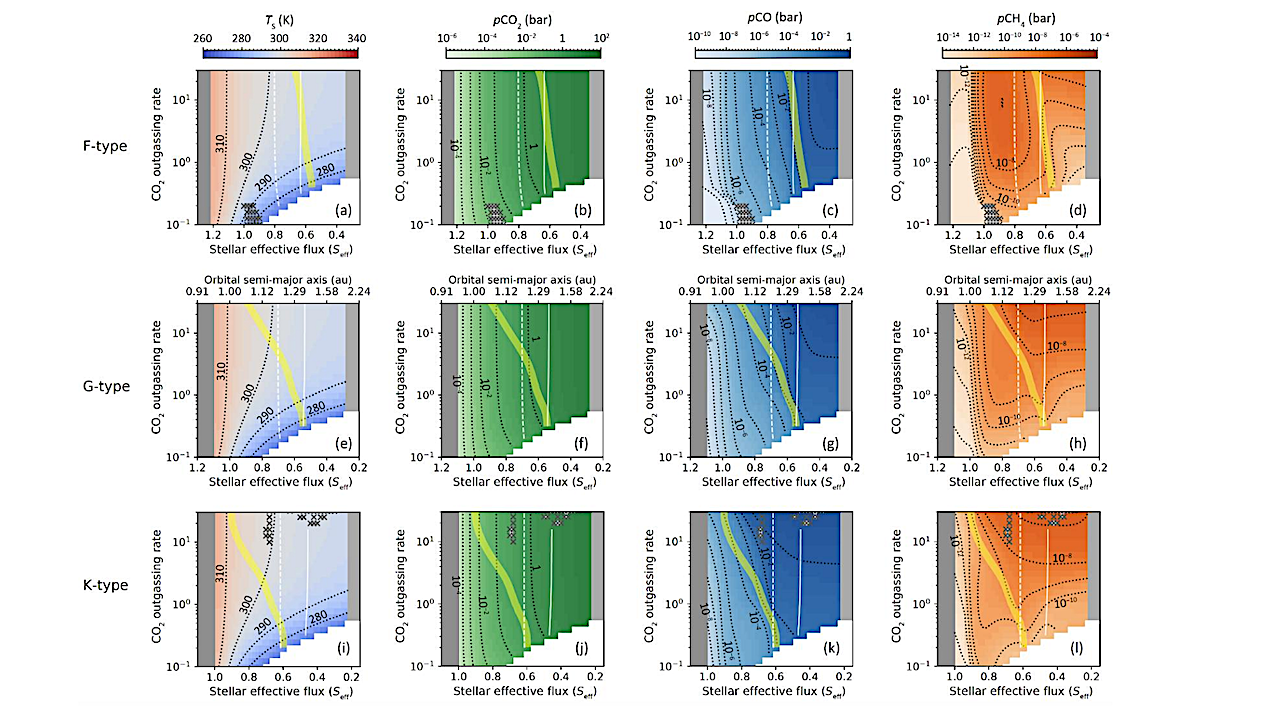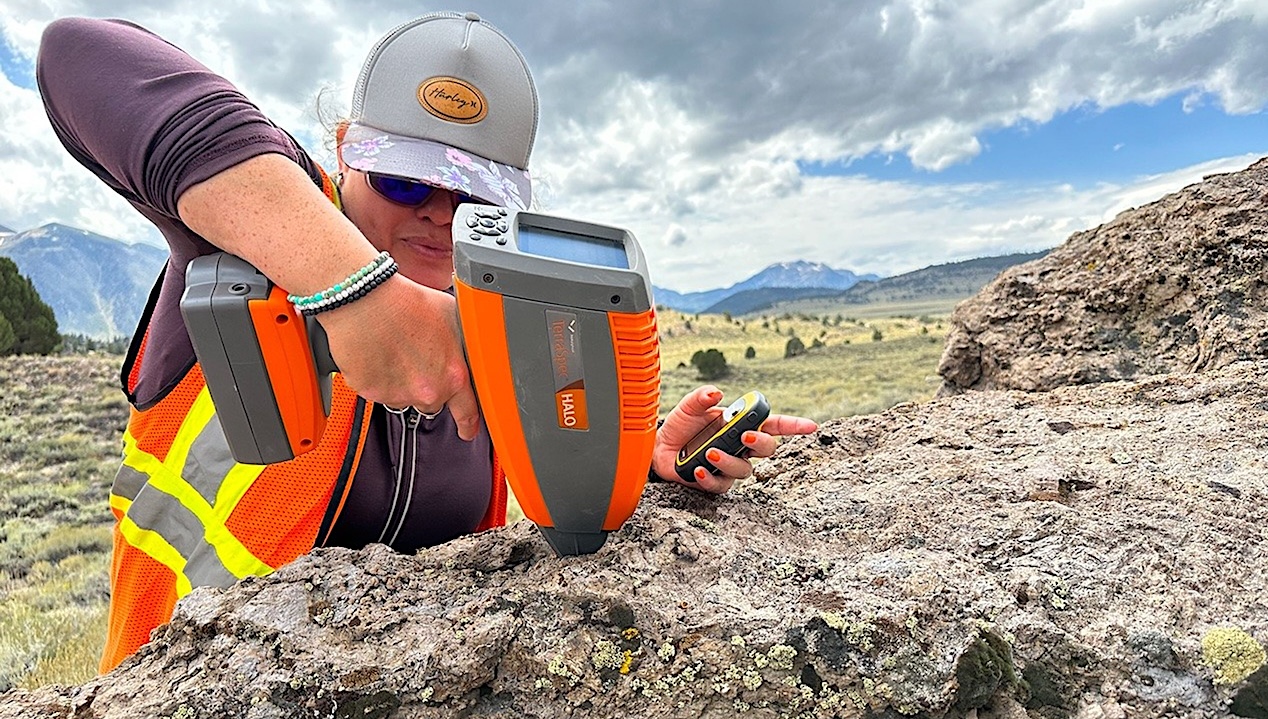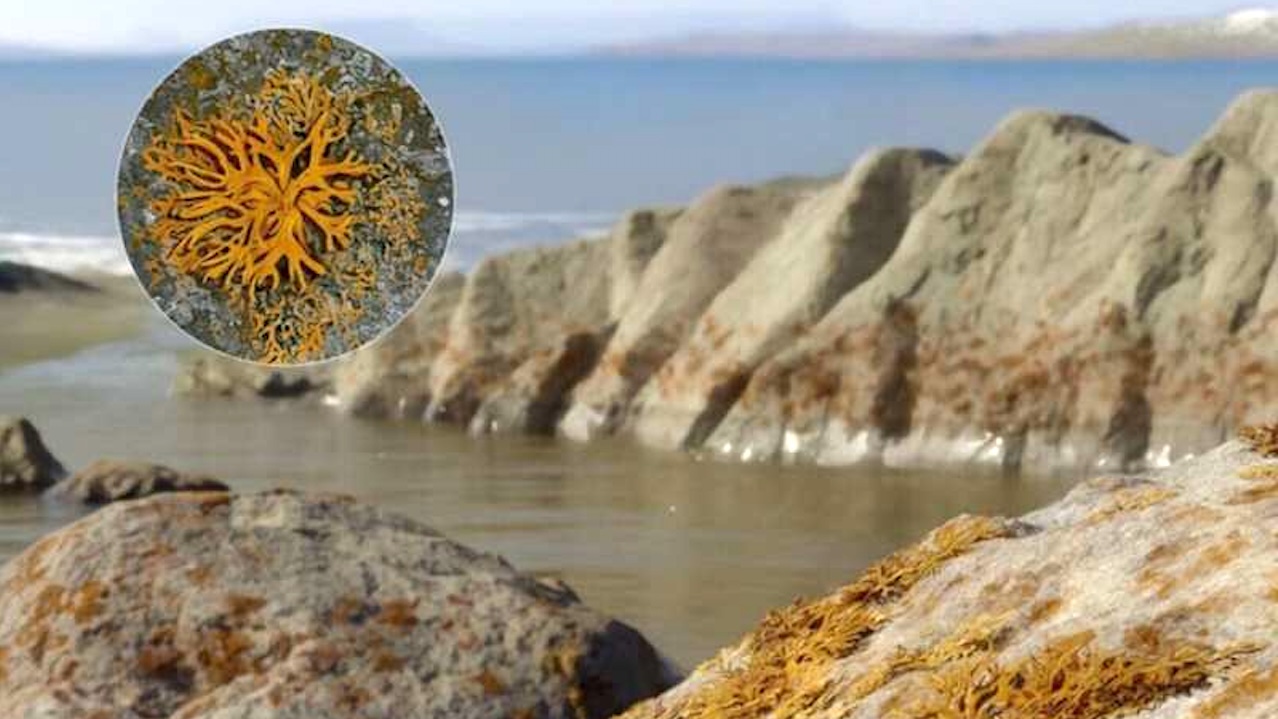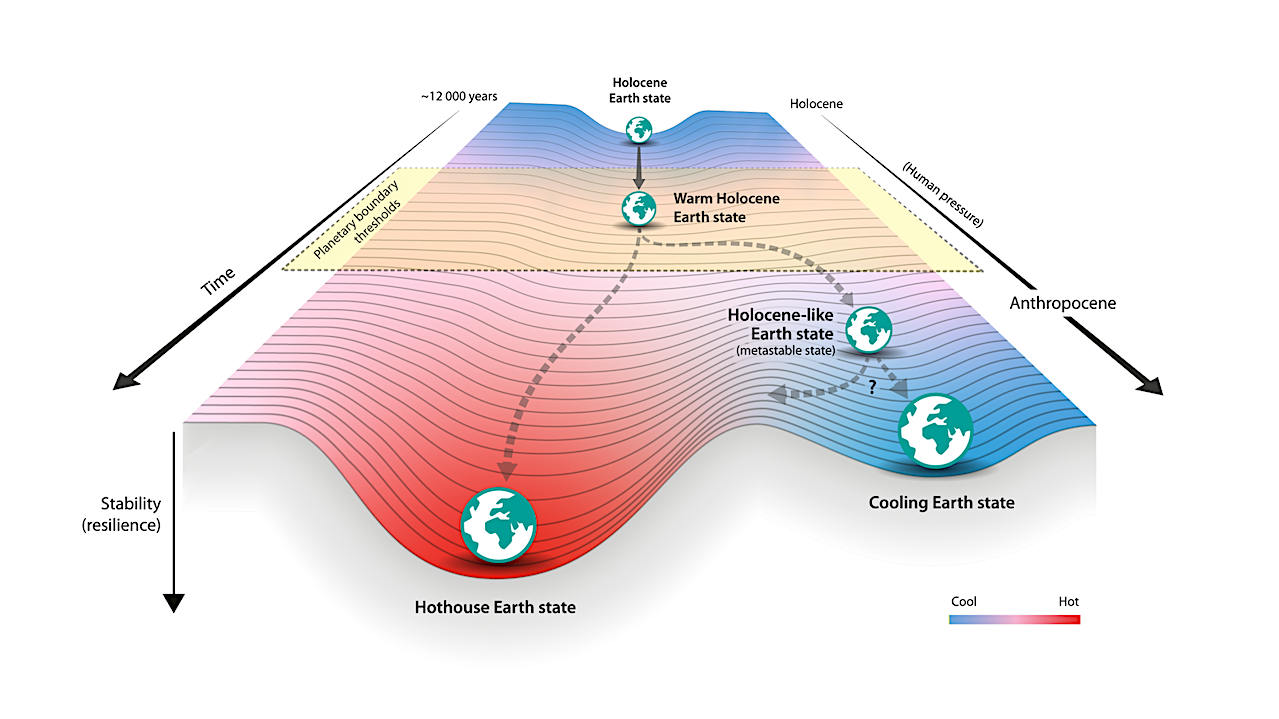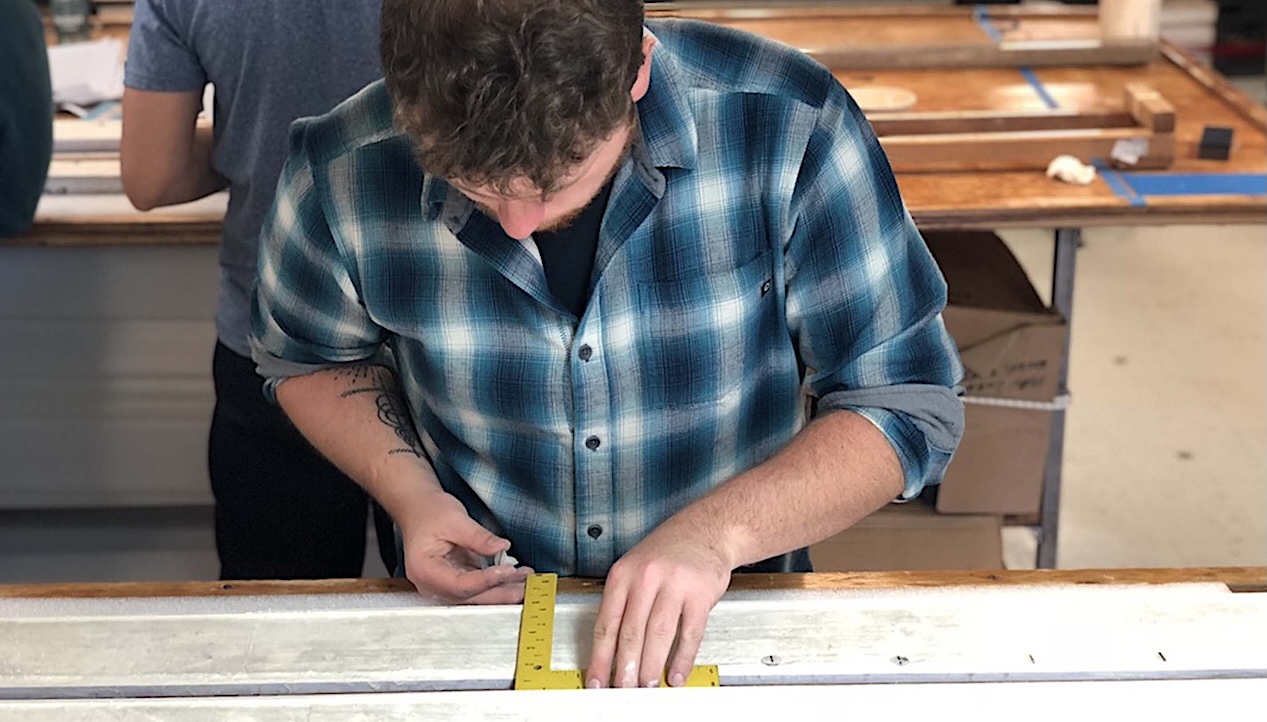Chemostratigraphic column of the WN2 drill core. δ15N and TOC data were from Chang et al. (2019). Orange shaded areas represent two photic anoxia intervals identified based on δ15N signatures
Astrobiology26- Page
Logos of EANA (left, designed by Katarina Eriksson in 2015) and AbGradE (right, designed by Sean McMahon in 2014). Since its foundation in 2001, EANA (European Astrobiology Network Association, http://www.eana-net.eu/)
Origins Center 2026 Conference May 18–20, 2026 (Abdij Rolduc, Kerkrade) Questions about the origin and nature of life — and whether it might exist beyond Earth — have a rare
NASA DARES 2025 Introduction: NASA sponsored Astrobiology research focuses on three basic questions: How does life begin and evolve? Does life exist elsewhere in the Universe? How do we search
Base Camp at Lake Untersee, Antarctica January 2026 – Dale T. Andersen. (Larger image) Keith: We just completed the camp last night, and today a storm will move in with
Steady-state response in a phase space of effective stellar flux, Seff, and the seafloor spreading rate, rspr (YoungSun_Seff&rspr). – calculated using the F2V (a-d), present-day Sun (G2V) (e-h), and K2V
Alexandra Matiella Novak uses a hand-held spectrometer in the field. — NASA/Caela Barry Editor’s note: This blog entry is adapted from NASA social media content originally published September 12-15, 2023.
Artistic reconstruction of Spongiophyton during the Early Devonian in the high latitude depositional system of the Paraná Basin. Paleoart by J. Lacerda. Lichens were already widespread over 410 million years
A schematic illustration of the evolution of the Earth System with a start from the Neolithic revolution ( 12.000 years ago). Leading up to its current state (i.e. ”warm Holocene
Ryan Glaubke measures and marks a sediment core used to reconstruct past deep-ocean salinity and carbon storage. — Credit Rutgers University Climate change has many culprits, from agriculture to transportation
-
 01Two Black Holes Observed Circling Each Other for the First Time
01Two Black Holes Observed Circling Each Other for the First Time -
 02From Polymerization-Enabled Folding and Assembly to Chemical Evolution: Key Processes for Emergence of Functional Polymers in the Origin of Life
02From Polymerization-Enabled Folding and Assembly to Chemical Evolution: Key Processes for Emergence of Functional Polymers in the Origin of Life -
 03Astronomy 101: From the Sun and Moon to Wormholes and Warp Drive, Key Theories, Discoveries, and Facts about the Universe (The Adams 101 Series)
03Astronomy 101: From the Sun and Moon to Wormholes and Warp Drive, Key Theories, Discoveries, and Facts about the Universe (The Adams 101 Series) -
 04Φsat-2 begins science phase for AI Earth images
04Φsat-2 begins science phase for AI Earth images -
 05Hurricane forecasters are losing 3 key satellites ahead of peak storm season − a meteorologist explains why it matters
05Hurricane forecasters are losing 3 key satellites ahead of peak storm season − a meteorologist explains why it matters -
 06Thermodynamic Constraints On The Citric Acid Cycle And Related Reactions In Ocean World Interiors
06Thermodynamic Constraints On The Citric Acid Cycle And Related Reactions In Ocean World Interiors -
 07Binary star systems are complex astronomical objects − a new AI approach could pin down their properties quickly
07Binary star systems are complex astronomical objects − a new AI approach could pin down their properties quickly


